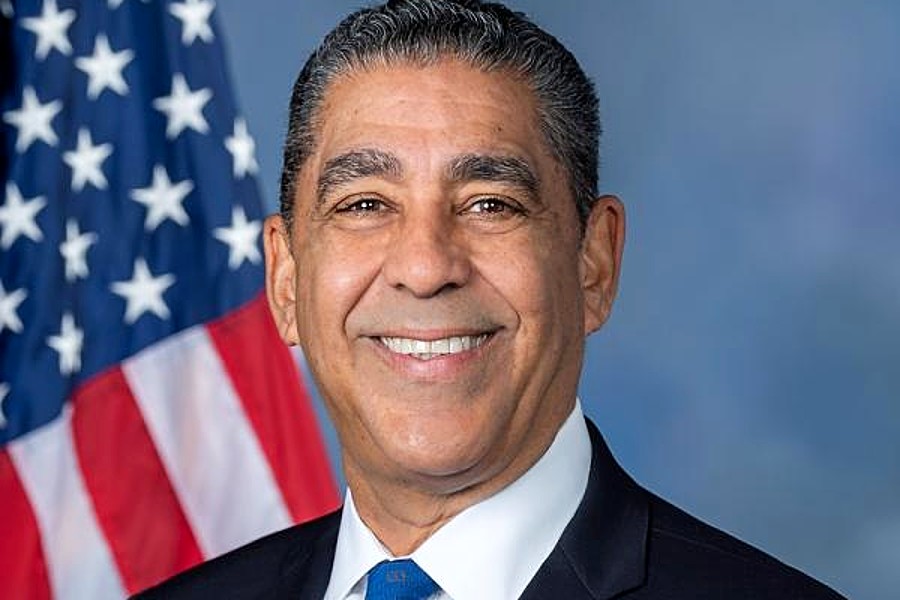January 31, 2014. At the cusp of Black History Month, the legendary Harry Belafonte and MSNBC journalist and TV host Melissa Harris-Perry sat down to examine the current state of race and black activism at the Schomburg Center for Black Research in Harlem.The event was moderated by UConn historian Jelani Cobb as he opened the highly charged discussion with the definition of activism and the cost associated with it. This inter-generational conversation was stitched together by the key issues of segregation, Obama, and inequality.
Belafonte reminisced about the blueprint of his activism from being in close proximity to the great leaders and dynamic personalities of our time like Paul Robeson, W.E.B. Dubois, and Canada Lee. Revelation of his close friendships with Robeson, Dubois, and even Dr. King, beckoned the reality that Segregation was a “blessing” in disguise for the black community because it forced African-Americans to live together. “If you had an image or reputation, everyone in the neighborhood knew who you were because we interacted in the churches, schools, and lived throughout the community. It produced a certain level of courage because we never had to go far to find our heroes. The end of segregation brought about the loss of many great people. Although they moved to other neighborhoods in the name of escaping poverty – they also escaped truth.”
But the evening sparked into a passionate debate as Harris-Perry respectfully challenged Belafonte on the benefit of segregation noting the sacrifice of children in order to eradicate it. Without missing a beat, Belafonte clarified that he didn’t fight to end segregation so he could become the man his white counterparts envisioned for him. It was his passion as an American and his upbringing in the black community that fostered his desire to experience the opportunities the constitution afforded him by right.
So inadvertently, Jelani Cobb segwayed into the topic of inequality in which he used the presidency of Barack Obama to highlight his recent State of the Union address and the issue of Trayvon Martin. Belafonte rendered a very sobering account of a missed opportunity by Obama to execute social policy, advocate for the poor, and stronghold racial issues. He also called African- Americans culpable for not standing in the breach of his presidency by forcing Obama to do the things they forced John F. Kennedy and Lyndon B. Johnson to do by changing the policy and laws that infected America in the past.
Of Course, Harris-Perry immediately came to Obama’s defense with a litany of his accomplishments particularly in regards to addressing race during keynote speeches. Noting the passage of Obamacare, Harris-Perry vehemently drove home the point that as a normal democratic President, his political record and significance is peaked by his blackness for such a time as now. Belafonte quickly retorted that Obama should use his power to affect radical change in the structure of the black community. And on a national and global scale, he failed to breach the ring of immorality with the degree of morality to correct the social ills that are deteriorating our entire society.
The conversation was charged enough to cause both parties to rethink their perspectives: Harris-Perry on filtering the information she elucidated with the broader historical context Belafonte set before her and Belafonte himself resolved to refine the execution of his wisdom so that the younger generation can absorb it better moving forward to activism.
The night was capped off with Belafonte serving a thought-provoking call to awareness and action. During the Q &A portion of the evening he provided these truths to the young people in the audience.
“If you can control what people know you can control what they do. “
When asked who were some entertainers or artists who inspire him today he responded,
“I regretfully inform you that you don’t know them. The assumption is if they exist then you would know them but another assumption must be made. The artists who are truly making a difference with their artistic voices…you can be assured that the powers that be are making sure you won’t know them.”
Let’s start the conversation. Do you think, Segregation was a good or bad thing or some where in the middle?
Related articles

Become a Harlem Insider!
By submitting this form, you are consenting to receive marketing emails from: . You can revoke your consent to receive emails at any time by using the SafeUnsubscribe® link, found at the bottom of every email. Emails are serviced by Constant Contact
























I think the Mr. Belafonte was correct in saying the Segregation served the black community because it bred a fortitude in us to build our own businesses,schools and universities, hospitals, and churches. We thrived with excellence amongst ourselves which caused the world to take notice!!! By serving and supporting each other we automatically impact the world. So instead of just
thriving in Segregation let’s maintain the principal of unity and cultural loyalty. What do you think?
I think the Mr. Belafonte was correct in saying the Segregation served the black community because it bred a fortitude in us to build our own businesses,schools and universities, hospitals, and churches. We thrived with excellence amongst ourselves which caused the world to take notice!!! By serving and supporting each other we automatically impact the world. So instead of just
thriving in Segregation let’s maintain the principal of unity and cultural loyalty. What do you think?